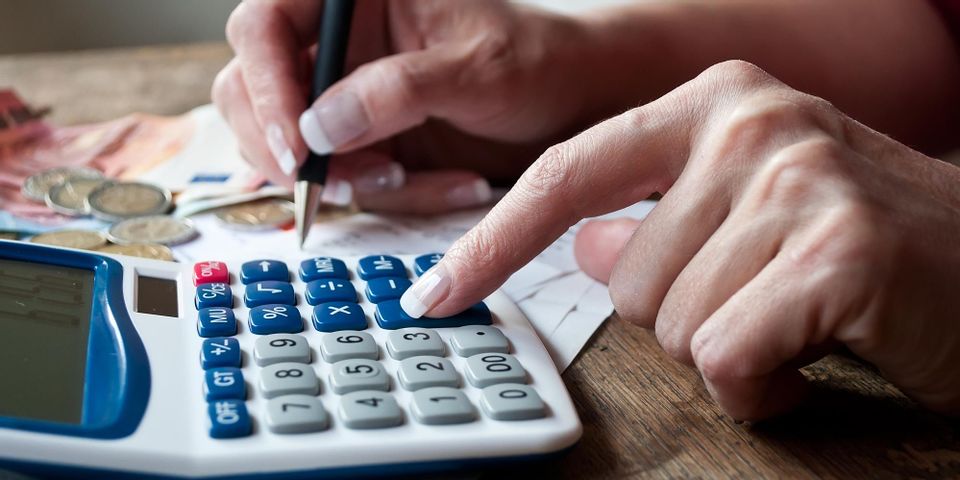Will Declaring Bankruptcy Impact Your Credit Score?

When your debt becomes insurmountable, filing for bankruptcy may be the best way to eliminate troublesome financial responsibilities and get your life back on track. However, many people wonder how this decision could affect their credit score. Here is what you need to know.
How Does Filing For Bankruptcy Affect Credit?
While bankruptcy will have a negative impact on your credit score, you’ll see a similar plunge if you go to collections for a large number of unpaid debts. The impact will likely vary based on what your credit score was beforehand. The worse your credit score, the less of an impact bankruptcy will have.
If you file Chapter 13 bankruptcy, the filing and associated discharged debts will remain on your credit score for seven years. While a Chapter 7 filing can remain on the report for 10 years, the associated debts will disappear earlier.
What Can You Do to Rebuild Your Credit Score?
 Over time, your credit score will gradually improve. However, improving your credit score is dependent on implementing wise financial practices. Make all payments — such as rent and utilities — on time. Keep old accounts active whenever possible so you can maintain a stronger credit history.
Over time, your credit score will gradually improve. However, improving your credit score is dependent on implementing wise financial practices. Make all payments — such as rent and utilities — on time. Keep old accounts active whenever possible so you can maintain a stronger credit history.
Avoid applying for new loans right away. If you do get a credit card, exercise caution to keep the balance low so you can pay it in full each month. A bankruptcy attorney may be able to help you obtain a secured credit card, which may be easier to qualify for than a standard credit card after filing for bankruptcy.
If you need help navigating the complex process of filing for bankruptcy, contact the Law Offices of Frank E. Turney, P.A., in Catonsville, MD. Serving Baltimore County since 1993, this lawyer and his team provide a personalized, client-centered approach to find a solution tailored to the needs of your case. To learn more or to schedule a free consultation, visit them online or call (410) 788-8830.
About the Business
Have a question? Ask the experts!
Send your question

